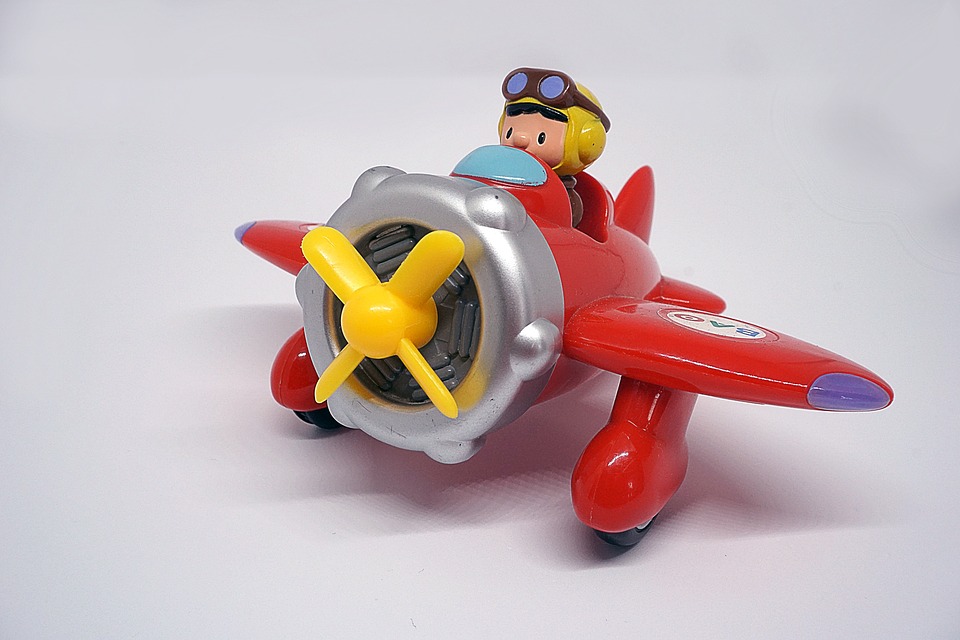The sharp spike in measles infections has health authorities ramping up public awareness over vaccinations
The government is urging people travelling with children aged less than 12 months to discuss their travel plans with their GP and consider an MMR vaccination for children aged from nine months.
The advice from the federal department of health comes after two Sydney babies, aged eight and 11 months old, contracted measles. Both children were unvaccinated for MMR, as the first dose typically isn’t administered until a child is between 12 and 15 months old.
Dr Jennifer Sisson, the Chief Medical Officer for Travel Doctor (TMVC), said the issue with early vaccination was that these children would require a third dose of the vaccine.
“Any child vaccinated at nine months still has to have their 12 month and 18-month vaccine as per the schedule. They end up having three,” she said. This was because when the vaccine was given prior to 12 months, residual maternal protection may interfere with the effectiveness of the vaccine.
The cases of measles have been due to returned travellers who were infected overseas.
As of early April, Australia has had 92 confirmed cases of measles this year, compared with103 for all of 2018 and 81 for 2017.
“There have been outbreaks in many places. More prominent ones at the moment are the Philippines, Vietnam and Indonesia, including Bali. But even in Africa, Madagascar is currently experiencing a big outbreak,” Dr Sisson said.
But she said the risk was not contained to these countries. Measles was also a problem in many countries of Europe, particularly Italy and France. The US was also affected.
Dr Sisson said it was important to make sure all travellers, especially those born after 1966, were up-to-date for MMR.
Several states are currently providing free vaccines for this group, particularly prior to travel.
The US early this month issued a public health emergency in New York City due to an ongoing outbreak of measles. Mayor of New York Bill de Blasio announced the city would issue fines of $US1000 to anyone who did not comply with the MMR vaccination orders.
Dr Sisson said that when a case of measles was brought back into Australia it posed an enormous workload for public health departments, who had to try and trace anyone who might have been exposed to the disease.
“From an Australian point of view, we have so many people travelling overseas, which is why the vaccine is free for so many people,” Dr Sisson said.
“At the moment we are recommending any traveller who is born after the mid-1960s who is not sure of their vaccine status to get a measles update,” she said.
Federal Health Minister Greg Hunt has also urged all Australians to talk to their GP about their measles immunisation history before travelling overseas.
Mr Hunt said the government hoped to raise public awareness of the severity of measles and the importance of being immunised through a video advertising campaign.


